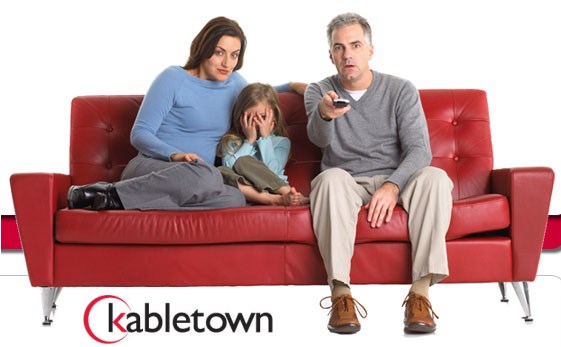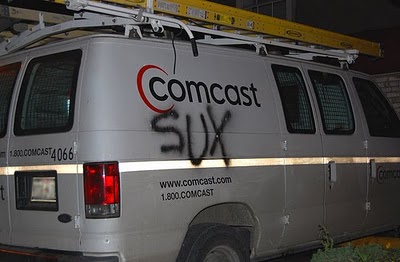
Bad enough
A big company needs a big name, and so what if you can’t say it out loud, so long as your check reaches the cable cartel on time to avoid those inconvenient late fees.
The shock waves of the $45 billion dollar proposed merger of Comcast and Time Warner Cable (not to mention AT&T and DirecTV) have reached as far as Great Britain where appalled editorial writers in the British press are pondering whether Washington has lost its mind or just its integrity… or a combination of both, by actually contemplating the unthinkable rebirth of the American Robber Baron.
Only instead of railroads powering America’s early 20th century economy, today its broadband. Overseas, broadband is plentiful, fast, and cheap. Back home, cable operators are hard at work in a comfortable monopoly/duopoly working on excuses to justify Internet rationing with usage caps, outrageous equipment rental fees, rate hikes, and usage billing for a product about as cheap to offer as a phone call on one of those unlimited calling plans you probably already have.
“On “OUTLAW”, a drama that aired on NBC, a Supreme Court justice leaves the bench to join a law firm. In real life he might have begun working for Comcast, America’s largest cable company, which owns NBC. Many of Washington’s top brass are on Comcast’s payroll, including Margaret Attwell Baker, a former commissioner of the Federal Communications Commission (FCC), America’s telecoms regulator, who in government had helped approve Comcast’s takeover of NBCUniversal in 2011. Even Barack Obama has Comcast ties. “I have been here so much, the only thing I haven’t done in this house is have seder dinner,” he quipped at a fundraiser hosted last year at the home of David Cohen, Comcast’s chief lobbyist.
“It helps to have influential friends, especially if you are seeking to expand your grip on America’s pay-TV and broadband markets.
“[…] The deal would create a Goliath far more fearsome than the latest ride at the Universal Studios theme park (also Comcast-owned). Comcast has said it would forfeit 3m subscribers, but even with that concession the combination of the two firms would have around 30m—more than 30% of all TV subscribers and around 33% of broadband customers. In the cable market alone (ie, not counting suppliers of satellite services such as DirecTV), Comcast has as much as 55% of all TV and broadband subscribers.

Worse
“Comcast will argue that its share of customers in any individual market is not increasing. That is true only because cable companies decided years ago not to compete head-to-head, and divided the country among themselves. More than three-quarters of households have no choice other than their local cable monopoly for high-speed, high-capacity internet.
“For consumers the deal would mean the union of two companies that are already reviled for their poor customer service and high prices. Greater size will fix neither problem. Mr Cohen has said, “We’re certainly not promising that customer bills are going to go down or even that they’re going to increase less rapidly.” Between 1995 and 2012 the average price of a cable subscription increased at a compound annual rate of more than 6%.”
Before blaming it all on President Obama’s close relationship with Comcast’s top executives, it was the Republicans in Washington that set this tragic monopolistic farce into motion. Michael Powell, President George W. Bush’s idea of the best man in America to protect the public interest at the FCC, represented the American people about as well as ‘Heckuva Job Brownie.’ Instead of promoting competition, Powell used his time to beef-up his résumé for a very cushy post-government job heading America’s top cable lobby – the National Cable & Telecommunications Association. Attwell-Baker was even more shameless, departing the FCC for her sweet new executive digs at Comcast just a short time after enthusiastically voting in favor of its NBCUniversal merger deal.
 Powell and others made certain that Internet Service Providers would not be classified as “common carriers,” which would require them to rent their broadband pipes at a reasonable wholesale rate to competitors. The industry and their well-compensated friends in the House and Senate argued such a status would destroy investment in broadband expansion and innovation. Instead it destroyed the family budget as prices for mediocre service in uncompetitive markets soared. Today, consumers in common carrier countries including France and Britain pay a fraction of what Americans do for Internet access, and get faster speeds as well.
Powell and others made certain that Internet Service Providers would not be classified as “common carriers,” which would require them to rent their broadband pipes at a reasonable wholesale rate to competitors. The industry and their well-compensated friends in the House and Senate argued such a status would destroy investment in broadband expansion and innovation. Instead it destroyed the family budget as prices for mediocre service in uncompetitive markets soared. Today, consumers in common carrier countries including France and Britain pay a fraction of what Americans do for Internet access, and get faster speeds as well.
Letting Comcast grow even larger, The Economist argues, will allow one company to dominate not just your Internet experience, but also the content consumers access and at what speed.
“There is plenty for Mr Obama and Mr Cohen to discuss at their next dinner,” concludes the magazine. “But better yet, officials could keep their distance from Comcast, and reject a merger that would reduce competition, provide no benefit to consumers and sap the incentive to innovate.”
Considering the enormous sums of money Comcast has shown a willingness to spend on winning over supporters for its business agenda, restraint on the part of Washington will need voter vigilance, much the same way calling out non-profits who gush over Comcast while quietly cashing their contribution checks must also be fully exposed to regulators who will ultimately decide the fate of the merger.
[flv]http://www.phillipdampier.com/video/Antitrust Us.mp4[/flv]
Antitrust Us: Cartoonist Mark Fiore takes on the corporate idea that merging cable companies together creates more competition. (1:50)


 Subscribe
Subscribe Companies in the Pacific Coastal region of California are concerned about losing wholesale access to Time Warner Cable’s business fiber network if the cable company is acquired by Comcast.
Companies in the Pacific Coastal region of California are concerned about losing wholesale access to Time Warner Cable’s business fiber network if the cable company is acquired by Comcast.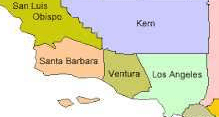 Currently, third-party access to cable broadband technology is provided on a voluntary basis by cable operators. Regulated telephone companies like Verizon and AT&T that serve California are required to offer open access to competitors, at least on their copper line networks.
Currently, third-party access to cable broadband technology is provided on a voluntary basis by cable operators. Regulated telephone companies like Verizon and AT&T that serve California are required to offer open access to competitors, at least on their copper line networks.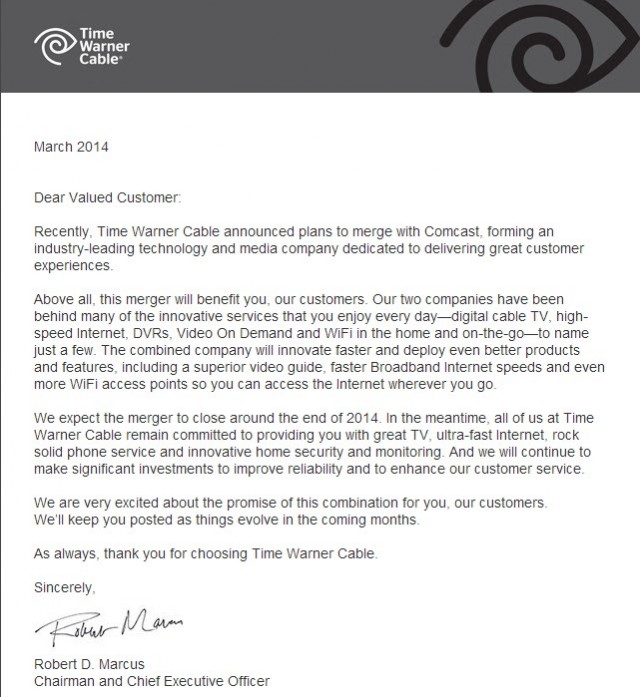
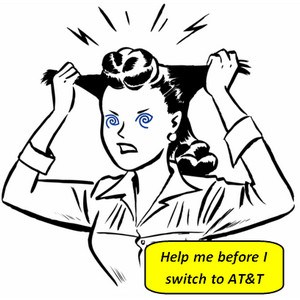
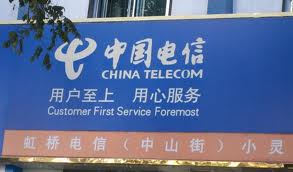 China’s top economic planning agency is assessing a monopoly case involving two large telecom companies and will make a ruling soon as the Beijing government declares uncompetitive broadband against the interests of the people.
China’s top economic planning agency is assessing a monopoly case involving two large telecom companies and will make a ruling soon as the Beijing government declares uncompetitive broadband against the interests of the people.


